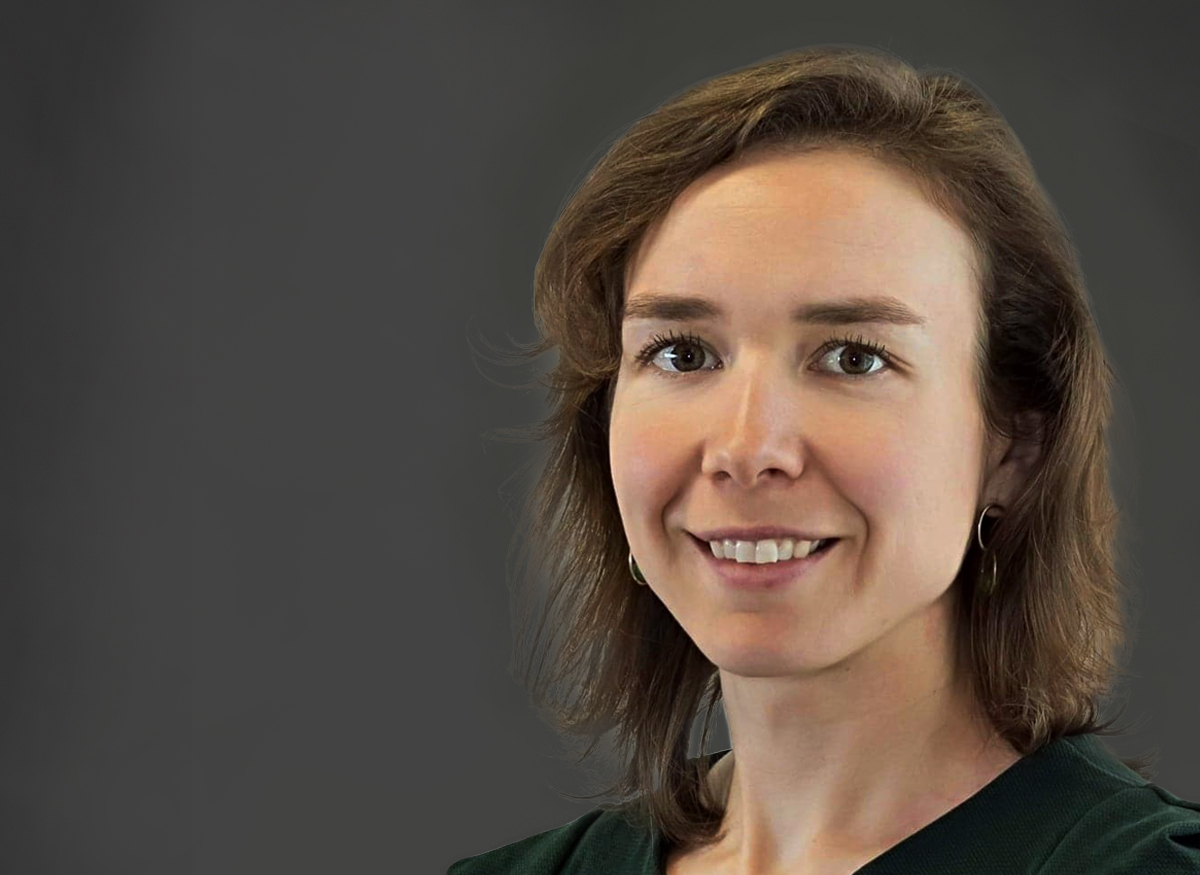Recovering and reusing waste and wastewater
Céline Vaneeckhaute and her team are developing sustainable processes to recover and reuse waste and treat wastewater. Their aim is to recycle resources (water, energy, nutrients) into high quality bioproducts.

Project architects
Céline Vaneeckhaute, Eng., Ph.D.
- Associate Professor, Department of Chemical Engineering, Faculty of Science and Engineering
- Canada Research Chair in Resource Recovery and Bioproducts Engineering
- Director, Research team on green process engineering and biorefineries (BioEngine)
- Vice-chair of the Réseau Environnement regional committee for Capitale-Nationale/Chaudière-Appalaches
Member of:
- Quebec Water Research Centre (CentrEau), Institut Hydro-Québec en environnement, développement et société (EDS), Centre de recherche en santé durable (VITAM)
- Board of Directors of Réseau Environnement, the Resource Recovery from Water Cluster (International Water Association) and the Phosphorus Transport Modeling Group (Sustainable Phosphorus Alliance).
Team
Céline Vaneeckhaute oversees a highly qualified team of graduate and postdoctoral researchers specializing in green process engineering and biorefineries (BioEngine). She also collaborates with researchers in other disciplines such as geomatics, agronomy, economics, administration, health, urban planning, and physical optics.
Partners
- Industry partners: Anaergia, BIONEST, BioSmart nano, Cascades, Celanese, Chamard stratégies environnementales, Centre de traitement de la biomasse de la Montérégie (CTBM), H2O Innovation, Mekorot (Tel Aviv), Nereus Water, Primodal Inc., Purolite
- Public sector partners: Centre for Northern Studies Centre d’études nordiques, Centre de recherche industriel du Québec (CRIQ), Institut national de recherche pour l’agriculture, l’alimentation et l’environnement (INRAE), Institut de recherche et de développement en agroenvironnement (IRDA), Nunavik Public Health Department, Ville de Québec
- Public-private partners: Société d’énergie mixte de l’Est de la couronne Sud (SÉMECS), Société d’économie mixte d’énergie renouvelable de la région de Rivière-du-Loup (SÉMER).
Treating and reusing wastewater in the North
The effects of climate change, combined with population growth, industrial development, and limited infrastructure, are creating major problems for the protection of aquatic resources in northern regions, problems that will only intensify in the future.
Céline Vaneeckhaute is working with a team of interdisciplinary researchers and partners to develop resilient wastewater infrastructure adapted for northern environments. The goal is to make wastewater reusable for non-potable applications while also recovering its nutrients.
Giving organic waste a second life
In Quebec and around the world, environmental regulations are pushing municipalities and industries to reuse their organic waste.
Dr. Vaneeckhaute and her team are working on a variety of strategies for the recovery and reuse of resources, including biomethanization, composting, and pyrolysis.
The aim is to convert as much waste as possible into marketable bioproducts such as bioenergy and sustainable fertilizers.
The team uses highly specialized equipment to simulate and optimize innovative strategies in the lab and in the field.
Using digital technologies to better meet society’s needs
Choosing the best processes for recovering high quality bioproducts from wastewater and waste is a complex decision from a sustainable development perspective.
Dr. Vaneeckhaute and her team are developing mathematical models and decision support software to establish environmentally friendly, economically viable, and socially acceptable biorefineries.
The team uses digital simulators to optimize the quality of bioproducts and meet society’s needs as best as possible.

Recovering resources from wastewater.

Producing fertilizers from recovered materials.

Simulating and optimizing biorefinery processes.

Recovering and reusing organic waste
Next steps
Céline Vaneeckhaute and her team will continue to innovate in the field of waste recovery and wastewater treatment by:
- Working with municipalities and industries to improve and optimize their waste and wastewater management processes
- Developing sustainable technologies for remote regions, developing countries, and the maritime industry
- Creating decision support tools adapted to society’s needs
- Exploring the production of new value-added bioproducts
- Maximizing the performance of recovery processes and the quality of recovered products through digital technology
Canada Research Chair in Resource Recovery and Bioproducts Engineering
Learn more about this chair.
+